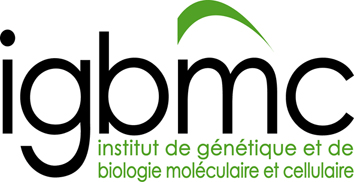Dysregulated expression of cholesterol biosynthetic genes in Alzheimer's disease alters epigenomic signatures of hippocampal neurons
Résumé
Aging is the main risk factor of cognitive neurodegenerative diseases such as Alzheimer's disease, with epigenome alterations as a contributing factor. Here, we compared transcriptomic/epigenomic changes in the hippocampus, modified by aging and by tauopathy, an AD-related feature. We show that the cholesterol biosynthesis pathway is severely impaired in hippocampal neurons of tauopathic but not of aged mice pointing to vulnerability of these neurons in the disease. At the epigenomic level, histone hyperacetylation was observed at neuronal enhancers associated with glutamatergic regulations only in the tauopathy. Lastly, a treatment of tau mice with the CSP-TTK21 epi-drug that restored expression of key cholesterol biosynthesis genes counteracted hyperacetylation at neuronal enhancers and restored object memory. As acetyl-CoA is the primary substrate of both pathways, these data suggest that the rate of the cholesterol biosynthesis in hippocampal neurons may trigger epigenetic-driven changes, that may compromise the functions of hippocampal neurons in pathological conditions.
Domaines
Neurosciences [q-bio.NC]| Origine | Fichiers éditeurs autorisés sur une archive ouverte |
|---|---|
| licence |


